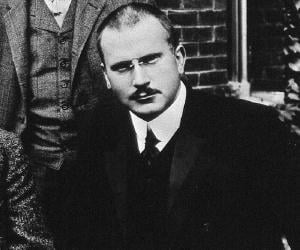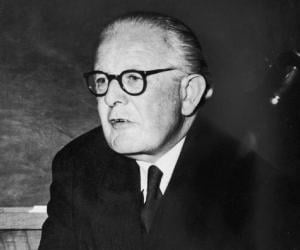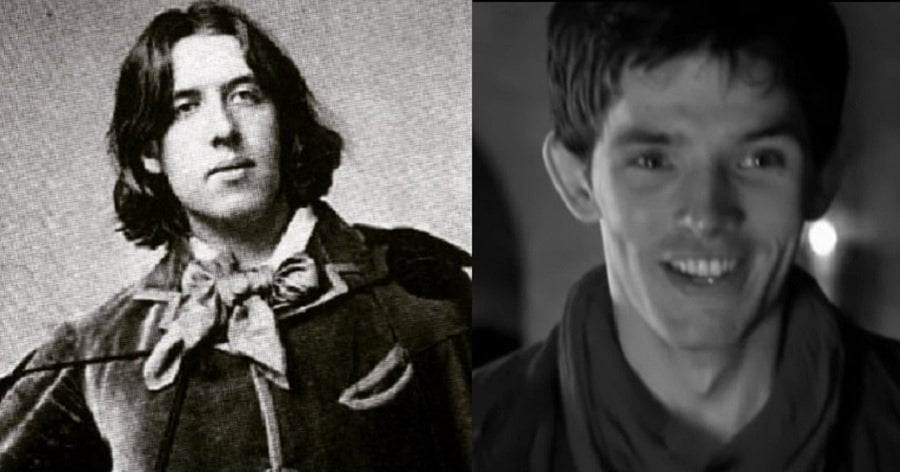Widely regarded as the father of analytical psychology, Carl Jung is one of the most important contributors to symbolization and dream analysis. The concepts of socionics and a popular psychometric instrument called Myers-Briggs Type Indicator (MBTI) were developed from Jung's theory. Apart from working as a psychiatrist and psychoanalyst, Carl Jung was also an artist, craftsman, builder, and prolific writer.
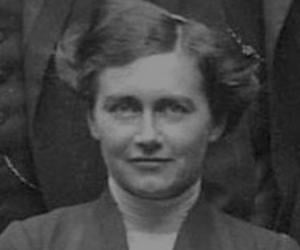
Better known as Carl Jung’s wife, Emma Jung was the daughter of one of the most affluent businessmen in Switzerland. Though she initially wished to study natural sciences, being a woman in her time, she couldn’t. Later a co-owner of a luxury watch company, she helped her husband financially in his career.
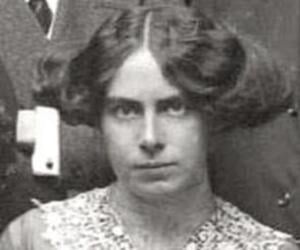
Denied formal education for being a woman, Toni Wolff later became one of psychoanalyst Carl Jung’s closest collaborators. She entered Jung’s life as a patient of depression after her father’s death. She later headed the Psychologischer Club Zürich as its president and is often described as an intellectual rival of Jung’s wife.
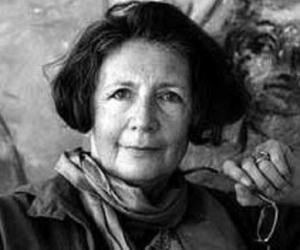
Apart from being a renowned psychologist, Alice Miller became an international sensation with her debut book, The Drama of the Gifted Child, a bestseller. A Holocaust survivor, who had lost her father in a Jewish ghetto, she analyzed child abuse, including education, violence, and parental abuse.
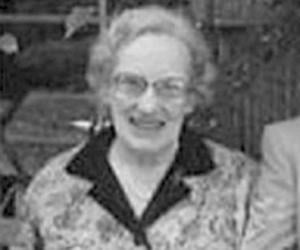
Jungian psychologist Marie-Louise von Franz met Carl Jung when she was 18 and was at once engaged in intellectual exchange. She later penned books such as Number and Time, which analyze Jung’s research on the unus mundus and archetypes, which he, in his later years, had handed over to von Franz.
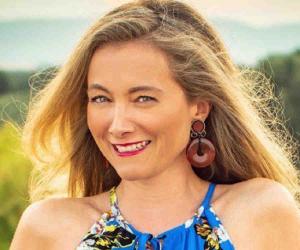
The daughter of asset management pioneer Gilbert de Botton, Miel de Botton is not just a qualified clinical psychologist but also a talented singer and a generous philanthropist. She also has a law degree from Oxford and has had a 6-year stint as a family and drug-addiction therapist.

A long-time associate of psychologist Carl Jung, Jolande Jacobi was a skilled psychologist in her own right. She penned quite a few volumes on Jung’s philosophy, such as The Psychology of C.G. Jung. She also had a major role to play in the formation of the C.G. Jung Institute for Analytical Psychology.
